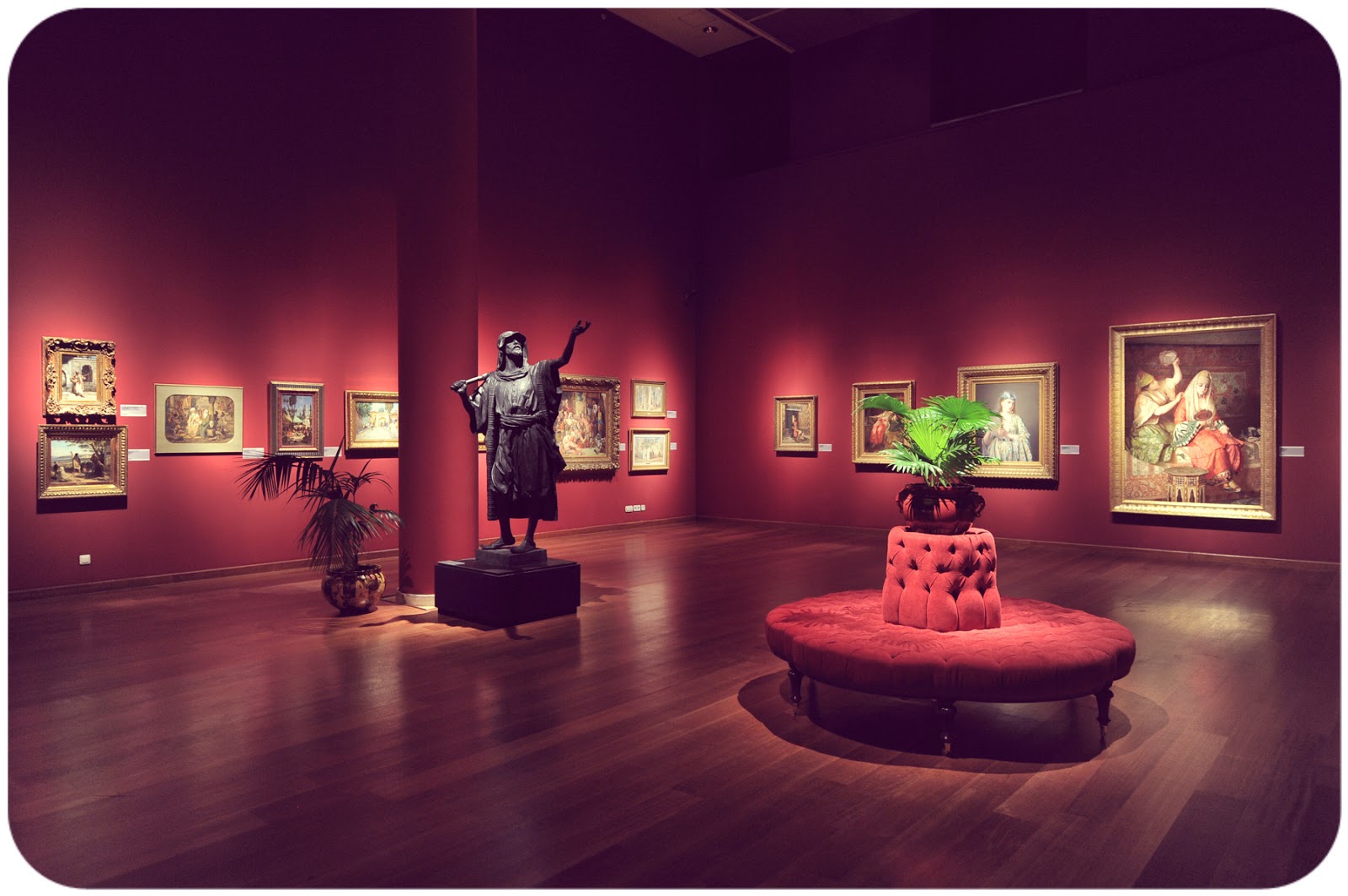

This book is something to read to its entirety but just because you read it once entirely it does not mean one is done reading it rather people will refer to this again and again. I enjoy this book, it utilizes history and fables to convey deeper truths about attaining Greatness as a person, it taps into the Prudence of his aphorism found in The Art of Worldly Wisdom but not excessively so. This book is less suspicious than The Art of Worldly Wisdom. The Aragonese village where he was born (Belmonte de Calatayud), changed its name to Belmonte de Gracian in his honour. Gracián is the most representative writer of the Spanish Baroque literary style known as Conceptismo (Conceptism), of which he was the most important theoretician his Agudeza y arte de ingenio (Wit and the Art of Inventiveness) is at once a poetic, a rhetoric and an anthology of the conceptist style. His physical decline prevented him from attending the provincial congregation of Calatayud and on 6 December 1658 Gracián died in Tarazona, near Zaragoza in the Kingdom of Aragón. His demand was not met, but his sanction was eased off: in April of 1658 he was sent to several minor positions under the College of Tarazona.

Soon Gracián wrote to apply for membership in another religious order. Ignoring the reprimands, he published the second part of Criticón in 1657, as a result was sanctioned and exiled to Graus at the beginning of 1658. This attracted the Society's displeasure. In 1651, he published the first part of the Criticón (Faultfinder) without the permission of his superiors, whom he disobeyed repeatedly. During the Spanish war with Catalonia and France, he was chaplain of the army that liberated Lleida in 1646. He was named Rector of the Jesuit college of Tarragona and wrote works proposing models for courtly conduct such as El héroe (The Hero), El político (The Politician), and El discreto (The Discreet One). He acquired fame as a preacher, although some of his oratorical displays, such as reading a letter sent from Hell from the pulpit, were frowned upon by his superiors. He spent time in Huesca, where he befriended the local scholar Vincencio Juan de Lastanosa, who helped him achieve an important milestone in his intellectual upbringing. He assumed the vows of the Jesuits in 1633 and dedicated himself to teaching in various Jesuit schools. He was ordained in 1627 and took his final vows in 1635. He studied at a Jesuit school in 16 and theology in Zaragoza. The son of a doctor, in his childhood Gracián lived with his uncle, who was a priest. His proto-existentialist writings were lauded by Nietzsche and Schopenhauer. He was born in Belmonte, near Calatayud (Aragón). Baltasar Gracián y Morales, SJ (8 January 1601 – 6 December 1658), formerly Anglicized as Baltazar Gracian, was a Spanish Jesuit and baroque prose writer and philosopher.


 0 kommentar(er)
0 kommentar(er)
